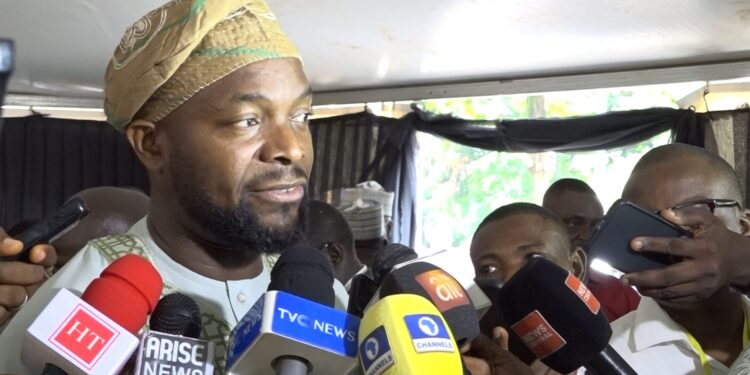The Minister of Communications, Innovation, and Digital Economy, Bosun Tijani, has revealed that telecom tariffs will increase soon, although not by the full 100 per cent requested by mobile network operators (MNOs).
Addressing journalists after a stakeholders’ meeting in Abuja on Wednesday, Tijani confirmed ongoing consultations to finalize the adjustment.
He noted that the operators had pushed for a significant hike, but the Nigerian Communications Commission (NCC) is working to strike a balance between safeguarding citizens and encouraging continued investment by telecom firms.
“The NCC will soon announce the approved changes. As a government, we are focused on protecting our people while enabling these companies to sustain significant investments,” he said.
Tijani also stressed the urgent need to improve telecom infrastructure across the country. He explained that relying solely on private sector investments has its limits, as firms often prioritize areas that guarantee quicker returns.
He added, “This conversation isn’t just about raising tariffs. Nigerians deserve meaningful connectivity and reliable services. However, this depends on substantial investment in the infrastructure that underpins these services.”
NCC Executive Vice-Chairman Aminu Maida assured Nigerians that the proposed tariff increase would fall below the 100 per cent benchmark requested by the operators.
He explained that the final decision would be announced within the coming weeks, following further engagement. “Our focus is on ensuring the long-term viability of the telecom sector, but we are also mindful of the need to minimize the impact on consumers,” he stated.
Maida further emphasized the need for clearer billing systems to address widespread confusion among consumers. He said the NCC plans to eliminate complicated rate structures, where bonus rates differ from base charges, which often leave users unsure of what they are paying for.
“There’s growing discontent around the perception that telecom companies are unjustly consuming data. Transparency is a priority to rebuild trust,” he explained.
Speaking through Airtel’s media spokesperson Femi Adeniran, CEO Dinesh Balsingh justified the need for tariff revisions, citing rising operational and capital expenses.
“The economic realities demand these adjustments to ensure the telecom sector remains sustainable. This move will enable us to continue delivering high-quality connectivity and driving digital access across Nigeria,” Balsingh said.
As discussions continue, stakeholders appear united on the need for reforms to sustain the sector while balancing the interests of consumers and service providers. Nigerians are expected to learn the specifics of the adjustments in the coming days.




































